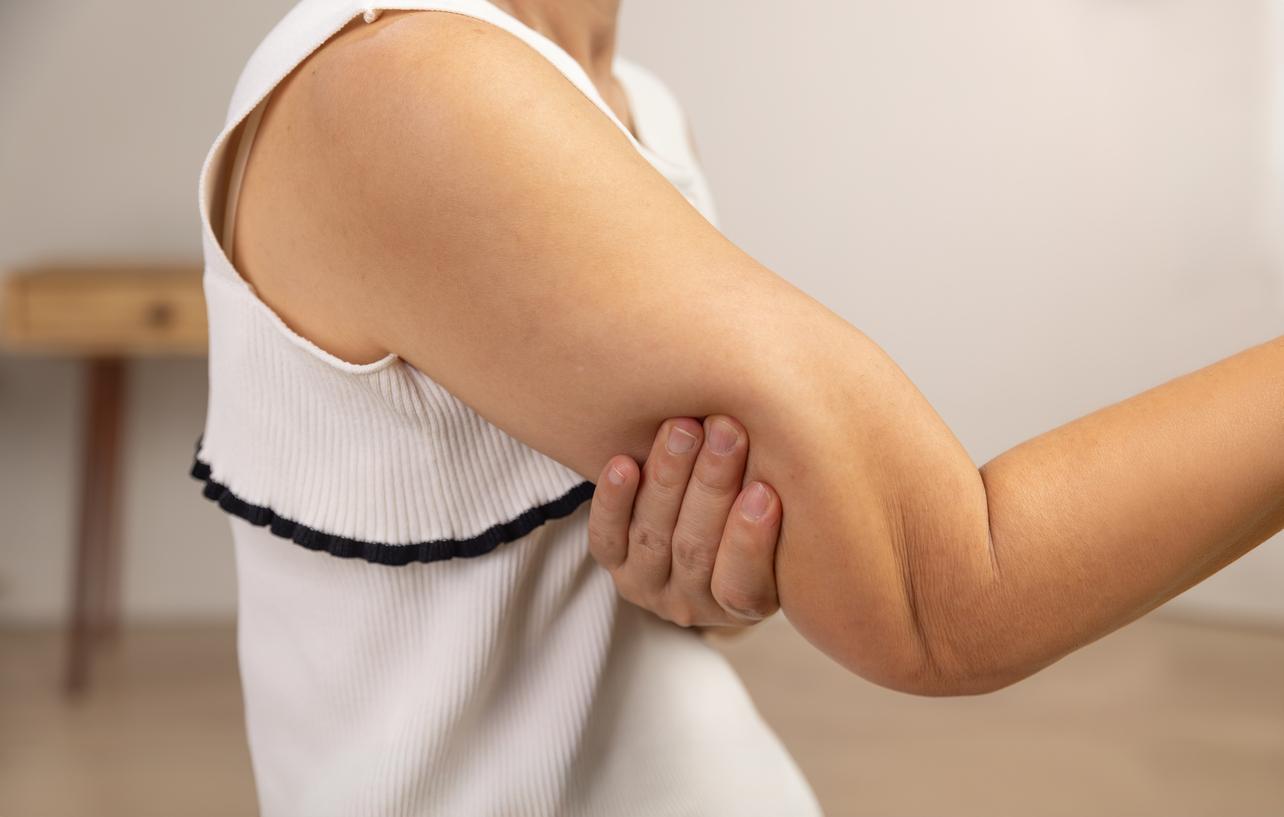On the occasion of World Heart Day, this September 29, Why Doctor takes stock of the symptoms and risk factors of cardiovascular diseases specific to women.

- Cardiovascular diseases are the leading cause of death among women.
- 92% of women have chest pain, contrary to what has been said in the past.
- The risk factors that have the greatest impact on women’s hearts are sleep disorders, lack of physical activity and tobacco. The effect of hormonal living shouldn’t be underestimated, either.
Cardiovascular diseases are the leading cause of death among women in France with 200 deaths per day. The rate of premenopausal women suffering from a heart attack has increased by 25% in 10 years. They are also less likely to benefit from cardiac massage than a man in a public place and 40% more likely that help will be called too late.
These few data show that there are differences in heart health between the sexes… and contrary to popular beliefs, they are not necessarily to the advantage of the fairer sex. So on this September 29, 2024, International Heart Day, the Heart and Research Foundation recalls the importance of knowing the risk factors specific to women in the face of cardiac pathologies.
Cardiovascular diseases: women minimize their symptoms
Why are there such differences in the management of cardiac risks? Data shows that women are less prone to cardiovascular disease until menopause. So in the minds of the general public, but also of many health professionals, cardiac pathologies are “masculine”. This lack of recognition of risk is a first significant obstacle.
In addition, for both heart attacks and coronary heart disease, patients generally present atypical symptoms, and are therefore less well identified as “heart problems”. Most often, they report exhaustion, shortness of breath during exercise, back pain, digestive symptoms, dizziness… not to mention a persistent feeling of anxiety.
However, be careful. This does not mean that chest pain – a classic symptom of heart attack – is not in their clinical picture. “92% of women have chest pain, contrary to what has been said in the past”specifies the Heart and Research Foundation.
Its president, Professor Ariel Cohen, also head of department at Saint-Antoine Hospital, also warns that patients can be their own worst enemy when faced with illness. “Women tend to take care of the whole family and forget about themselves. They complain much less than men and that’s a real problem. Even more problematic since most of the time, they have pain atypical which can lead doctors to evaluate other avenues first, which will delay the diagnosis.
However, as he recalls: “time is muscle”. “If you waste time unblocking an artery, you lose quality and quantity of life. Each time the diagnosis is delayed by a few minutes or a few hours, it alters the prognosis”recalls the cardiologist during a conference organized in Paris on September 26.
Ladies, you should therefore not hesitate to consult quickly in the event of unexplained exhaustion, shortness of breath, nausea, chest or back pain, especially if there are risk factors for heart disease.
Heart disease: what are the biggest risk factors in women?
Tobacco, hypertension, diabetes, alcohol, obesity, sleep, sedentary lifestyle, cholesterol… there are numerous cardiovascular risk factors. And differences are also observed between the two sexes. At the same age, women have more cardiovascular risk factors than men. It is estimated that 8 in 10 women over 45 have at least two.
The risk factors that have the greatest impact on the heart of women are sleep disorders (56% vs. 47% for men), lack of physical activity (47%), tobacco (26%), hypertension (25%) and an unbalanced diet.
There is another element to take into account, unique to women and relatively little known: the hormonal life of patients. Several scientific studies have demonstrated that disorders encountered during pregnancy, more specifically pre-eclampsia, pregnancy-induced hypertension and gestational diabetes, are associated with an increased risk of cardiovascular pathologies later in life. Links have also been discovered between heart problems and having had a premature birth or having given birth to a low-weight baby.
Furthermore, after menopause, without an appropriate lifestyle, the risks of cardiovascular accidents rise quickly to become similar to those of men. It is therefore important to have your heart health monitored at these important stages of life.
















